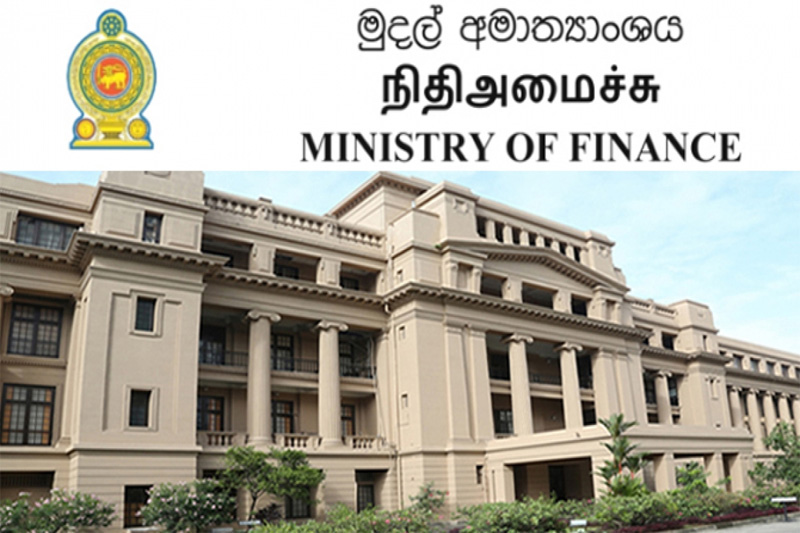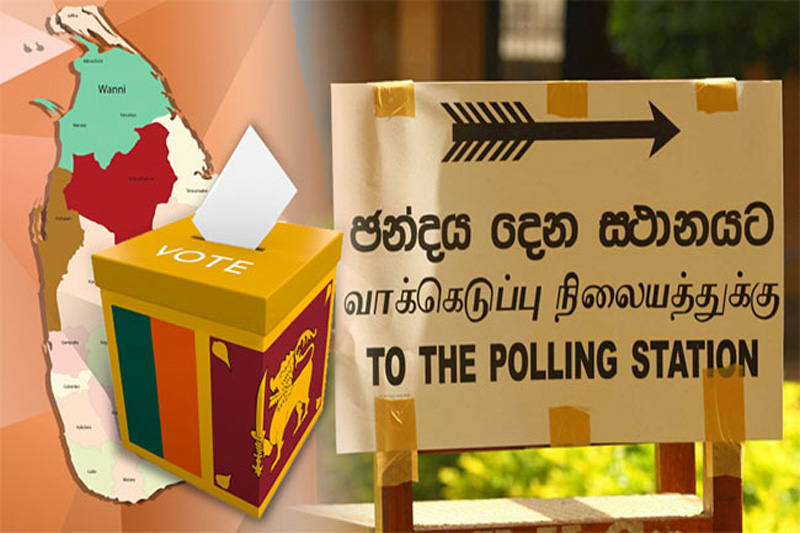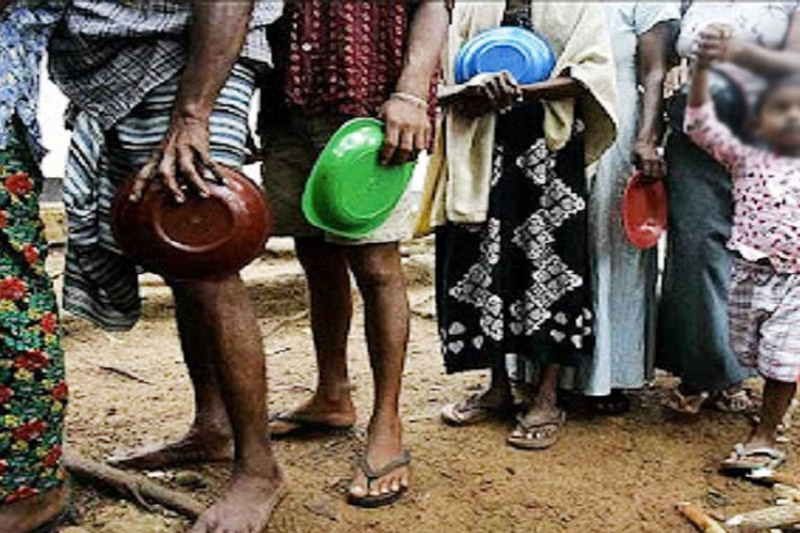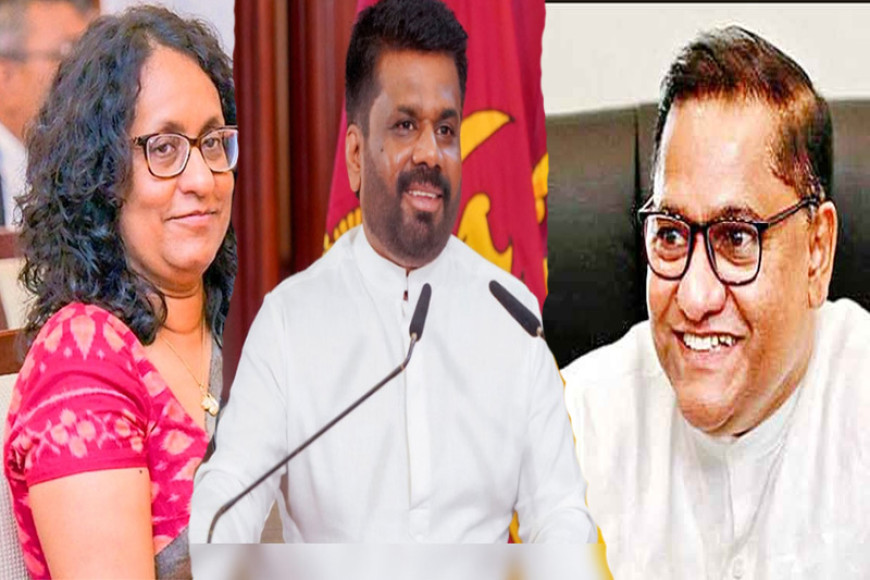Under the interim leadership of President Anura Kumara Dissanayake, Prime Minister hARINI Amarasuriya, and Minister Vijitha Herath, Sri Lanka is making progress towards economic recovery.
A new framework is being implemented, fostering optimism about the country's future.
The government has negotiated financial assistance in principal from the IMF, bringing a sense of stability that contrasts sharply with the uncertainty experienced under previous Rajapaksa administrations, characterized by rampant corruption that drained resources.
The renewed faith in this administration stems from a commitment to eradicating corruption, allowing the country to manage its debt more effectively. Unlike the past celebrations marking the receipt of IMF funds as gifts, this time there is a sober recognition that these are loans requiring repayment.
As Sri Lanka prepares to engage in discussions regarding a $2.9 billion bailout with the IMF during the upcoming Annual Meetings in Washington, the administration's focus is on adhering to the conditions outlined in the agreement. This dialogue is essential for the nation’s recovery from the severe economic crisis faced in 2022. The IMF has reaffirmed its support for Sri Lanka's reform initiatives, pledging to work closely with the country's economic team.
The discussions surrounding the third review of the IMF program will commence after the general elections scheduled for November 2024. The Sri Lankan delegation to Washington will include key officials such as Central Bank Governor Nandalal Weerasinghe and Treasury Secretary Mahinda Siriwardana, focusing on stabilizing and growing the economy through global collaboration.
The IMF and World Bank Annual Meetings will take place from October 21 to October 26, with crucial ministerial sessions scheduled between October 22 and 25.
Recently, the Ministry of Finance announced that its discussions with the IMF and the Official Credit Committee concluded successfully, indicating that policy changes are unlikely to disrupt the existing debt treatment agreement. This agreement ensures equitable treatment for official creditors and bondholders in alignment with the IMF program.

The Sri Lankan government is committed to achieving debt targets and expediting the restructuring of International Sovereign Bonds (ISBs), seeking to stabilize the nation's economic status and enhance debt management. However, concerns remain about the implications of the debt restructuring plan, with organizations such as Debt Justice cautioning against long-term risks that could burden the government with over 25% of its revenue dedicated to debt servicing.
Fitch Ratings recently highlighted the importance of successful debt restructuring for Sri Lanka's economic stability. Although the Long-Term Foreign-Currency Issuer Default Rating remains at 'RD' (Restricted Default), there has been an upgrade to 'CCC-' for Long-Term Local-Currency IDR, indicating progress in domestic debt management.
The country's total debt remains high, with projections estimating a decline in the debt-to-GDP ratio to around 103% by 2028, contingent on effective restructuring implementation.
The parliamentary elections on November 14 will significantly influence the new government's ability to implement essential economic reforms. Political stability is crucial for Sri Lanka to fulfill its financial obligations and achieve sustained economic recovery.

In positive news, the World Bank announced signs of stabilization in Sri Lanka's economy, projecting growth to reach 4.4% in 2024, surpassing previous estimates of 2.2%. This optimistic outlook follows four consecutive quarters of growth driven primarily by the industrial and tourism sectors.
However, the World Bank warns that this recovery remains fragile and depends on maintaining macroeconomic stability, successful debt restructuring, and ongoing structural reforms to alleviate poverty.
The report also highlights Sri Lanka's significant untapped export potential, estimated at $10 billion annually, which could create around 142,500 new jobs if effectively harnessed. To unlock this potential, the country must diversify its exports and implement necessary reforms.
Despite expected improvements, poverty levels are anticipated to remain above 20% until 2026, while inflation is projected to stay below the Central Bank's target of 5% in 2024 before gradually rising. Tourism and remittances are expected to sustain a current account surplus through 2024, with a more modest growth rate of 3.5% forecasted for 2025 due to the lingering effects of the economic crisis.

World Bank Country Manager for Sri Lanka and the Maldives, Gevorg Sargsyan, emphasized that while progress has been faster than expected, the country is not yet fully recovered from its economic crisis. He pointed out the crisis's severe social consequences, which have pushed the poverty rate above 25%, affecting human development, health, education, and social protection.
Sargsyan stressed the need for consistent policies and hard work to navigate these challenges, highlighting exports as a significant area for growth. He urged the removal of bureaucratic barriers and the establishment of a level playing field for both domestic and foreign investors to unlock the $10 billion annual export potential.



